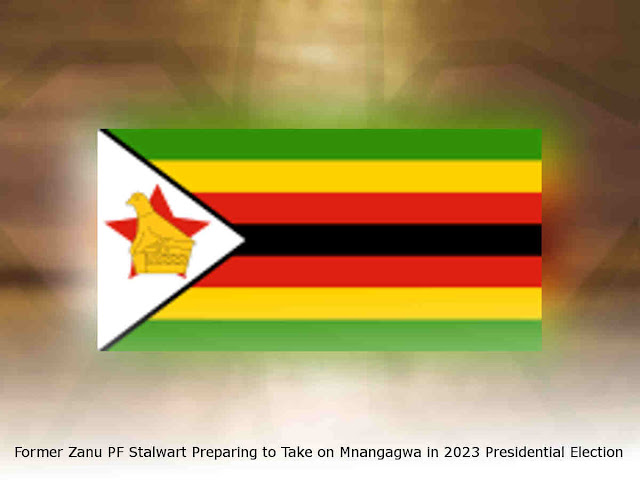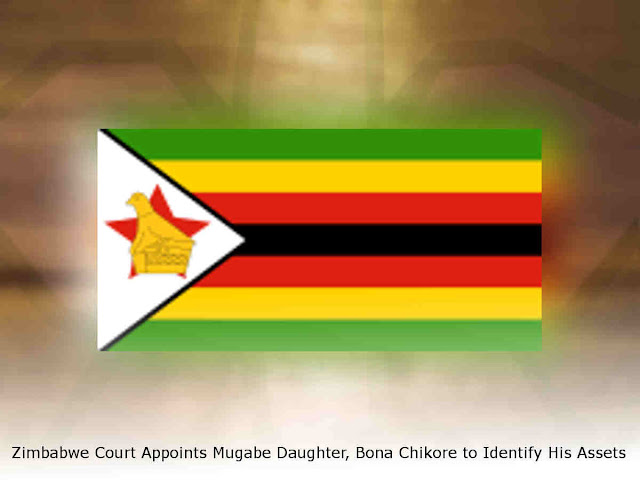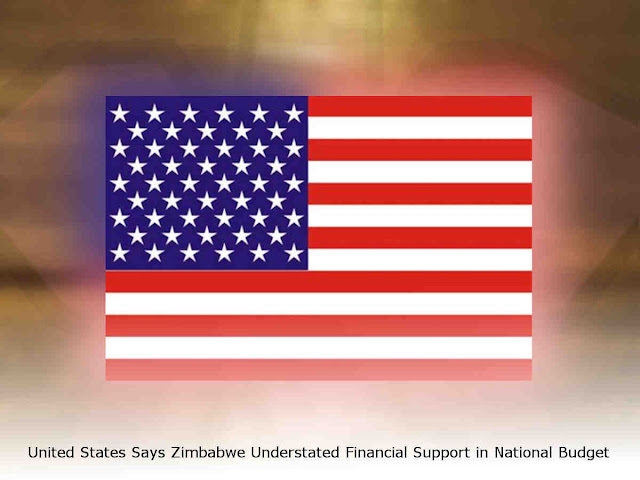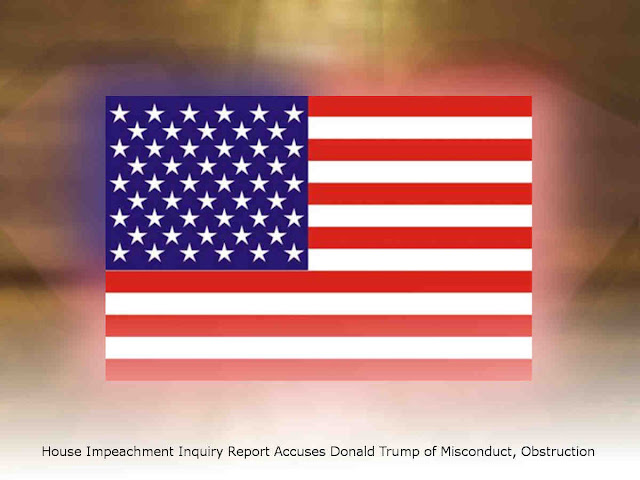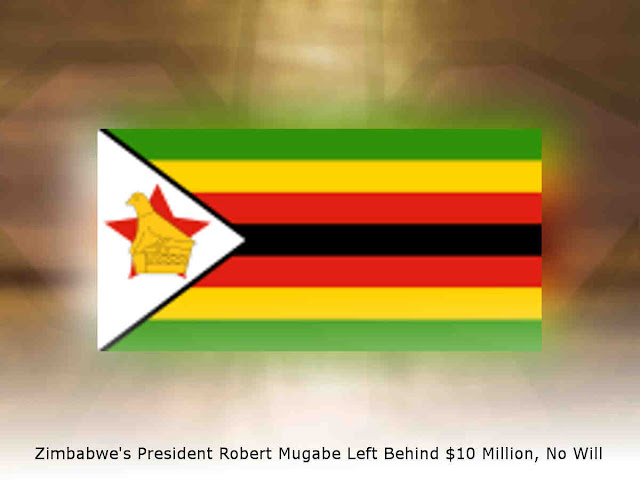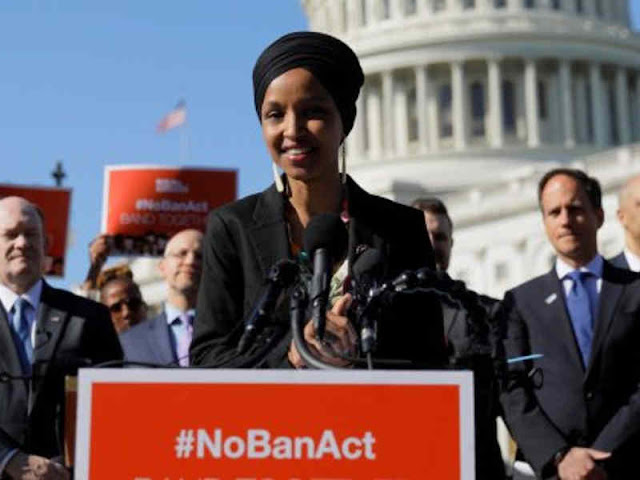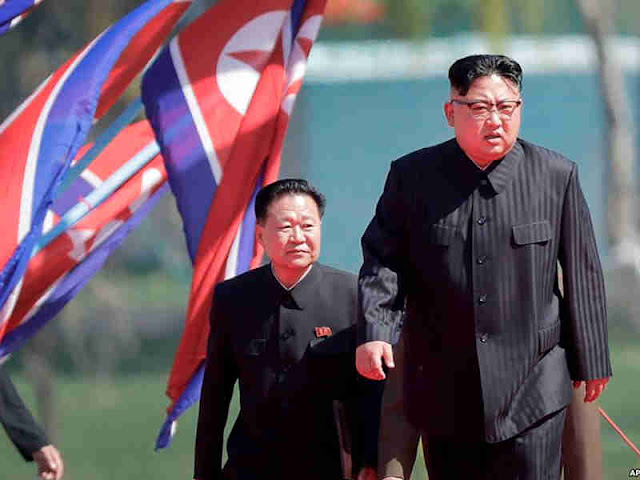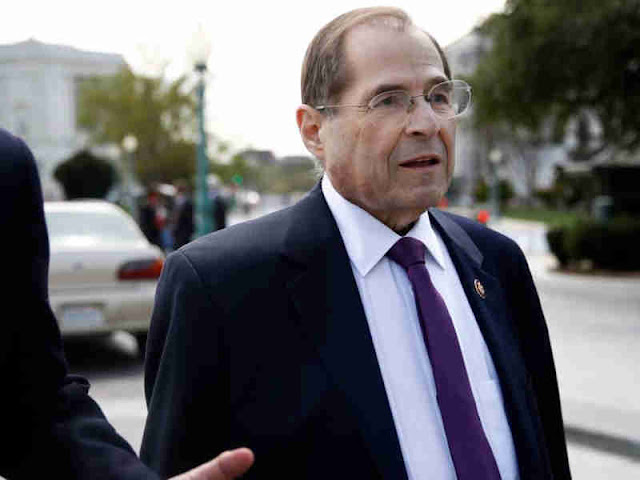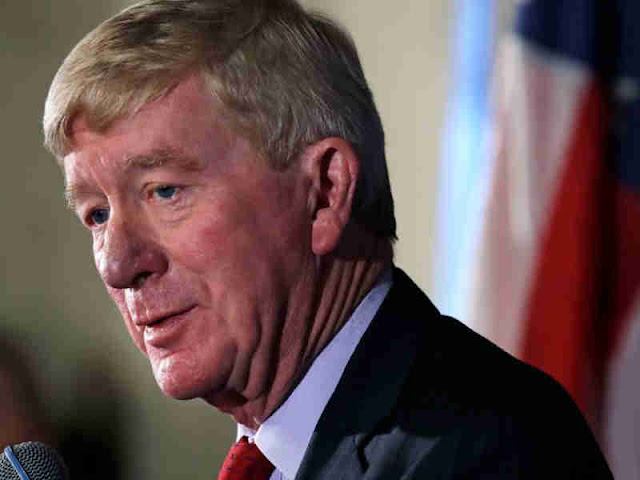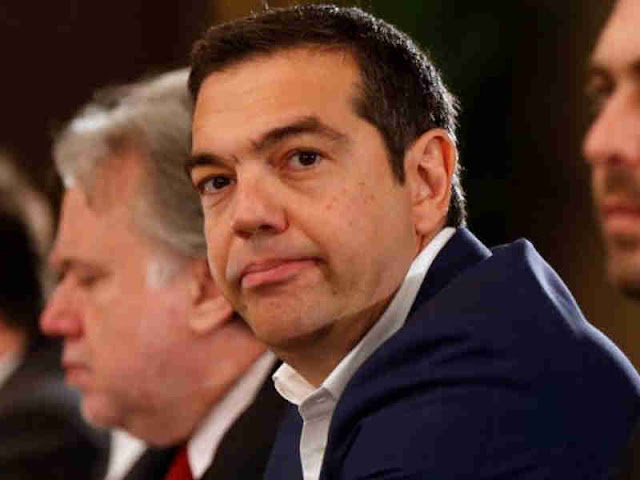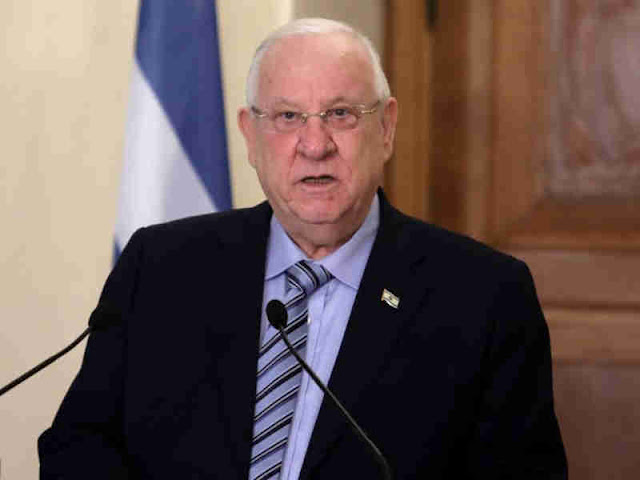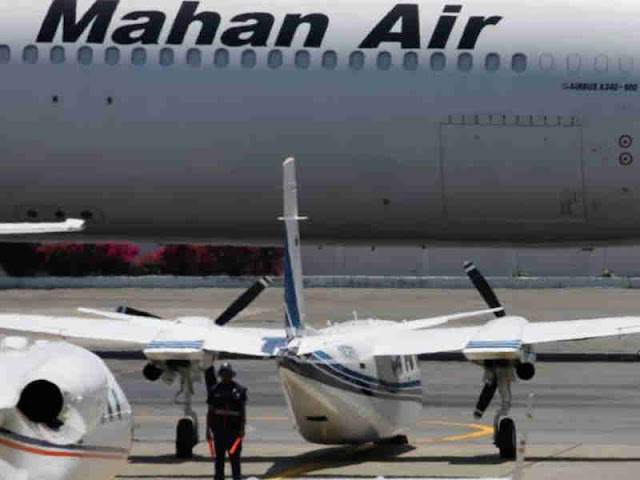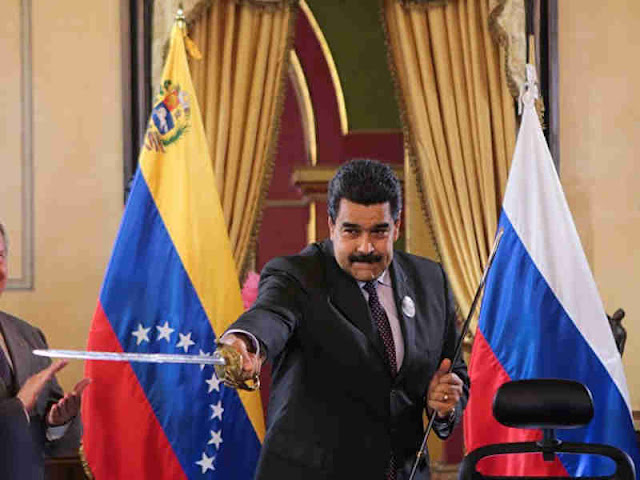The battles against extremist violence and Ebola will also continue to be major campaigns in Africa in the coming year.
The crash of an Ethiopian Airlines jet shortly after takeoff from Addis Ababa in March killed all 157 passengers and crew. The disaster, which claimed the lives of a large number of U.N. officials, involved a Boeing 737 Max jet and came just five months after a similar crash in Indonesia of the same aircraft.
Boeing was inundated with questions about the safety of its plane. After initially claiming that it was safe, the company was forced to ground the plane after many countries refused to let it fly in their airspace. In December Boeing announced that it would suspend production of the jet.
The air crash was a trial for Ethiopia's reformist Prime Minister Abiy Ahmed, who later in the year won the 2019 Nobel Peace Prize for achieving peace with neighboring Eritrea. But Abiy is challenged by often violent ethnic rivalries in his country and elections set for May 2020 will be crucial, analysts say.
Cyclone Idai ripped into Mozambique in March, killing more than 1,300 people, making it “one of the worst weather-related disasters ever to hit the southern hemisphere,” according to the U.N. A month later Cyclone Kenneth roared into northern Mozambique, killing more than 50 people.
This was the first time in recorded history that Mozambique had two major cyclones, prompting some to worry that the country, with a 1,000-mile Indian Ocean coastline, may be prone to more storms as a result of climate change.
Across Mozambique more than 2.5 million people remain in urgent need of assistance, according to the U.N. Mozambique also starts 2020 troubled by ongoing attacks on vehicles in the country's central area and by Islamic extremist attacks in the country's north.
Extremist violence continues to vex Africa from the east to the west.
2019 began with extremist violence. In Kenya in January, insurgents launched an assault on a luxury hotel and shopping complex in Nairobi that killed at least 14 people.
The year came to an end with extremist attacks across the continent.
A bomb in Somalia killed 78 people, including many university students, in the capital, Mogadishu, on Dec. 28, the deadliest attack in years. Somalia's al-Shabab, allied to al-Qaida, claimed responsibility for the bombing.
In Nigeria extremists linked to the Islamic State group circulated a video showing 11 hostages, most of them Christians, being executed. They were thought to be killed on Christmas Day. The extremist group, which calls itself the Islamic State West Africa Province, said the captives were executed as revenge for the killing of Islamic State group leaders in Iraq and Syria in October.
In northern Burkina Faso, jihadists killed 35 civilians, most of them women, and ensuing clashes with security forces left 80 jihadists dead, the West African nation's president announced Dec. 24. That attack came weeks after an attack on a convoy carrying employees of a Canadian mining company in which at least 37 civilians were killed in the country's east. Both attacks were by groups numbering close to 100, indicating the presence of relatively large, well-organized extremist groups.
“The startling deterioration of the security situation in Burkina Faso has been a major development in 2019,” said Alex Vines, director of the Africa program at Chatham House, the British think tank. “There's been a dramatic spike in extremist attacks.”
Frequent attacks in Burkina Faso's north and east already have displaced more than a half million people, according to the United Nations. While Burkina Faso's military has received training from both former colonizer France and the United States, it starts 2020 with little progress in halting the surge in extremist violence.
Congo starts the year waging a different kind of war, a campaign against Ebola, which has killed more than 2,200 people since August 2018. The medical effort to control the second deadliest Ebola outbreak in history has been severely hampered since the start by the presence of several armed groups in eastern Congo, the epicenter of the epidemic. It was hoped that new vaccines would help control the outbreak more quickly, but the violence has hampered those efforts.
Congo's President Felix Tshisekedi, elected in 2019, said in November that he was optimistic that the Ebola outbreak would be ended before 2020, but the epidemic continues throughout eastern Congo.
South Africa's President Cyril Ramaphosa, re-elected in 2019, said in a New Year's statement that the need to boost his country's ailing economy and create jobs is his biggest challenge for 2020. Nigerian President Muhammadu Buhari, also re-elected, has said that his government has controlled the rebellion by Boko Haram extremists, but violence continues to plague the country's northeast.
Zimbabwe's longtime ruler, Robert Mugabe, died at age 95 in September. Mugabe, the guerrilla leader who fought to end white-minority rule in Rhodesia and then ruled independent Zimbabwe from 1980 until 2017, left a mixed legacy of liberation, repression and economic ruin.
Zimbabwe begins the new year with severe economic problems including inflation estimated at more than 300% and widespread hunger. In an emergency appeal at the end of December, the U.N.'s World Food Program said that even though the southern African country had suffered a drought, Zimbabwe's food shortages are a ‘man-made” disaster, laying the blame squarely with President Emmerson Mnangagwa's government.
The once-prosperous country staggered to 2020 with power shortages lasting up to 19 hours per day and large parts of the capital, Harare, a city of some 2 million people, going without running water. (VOA)
